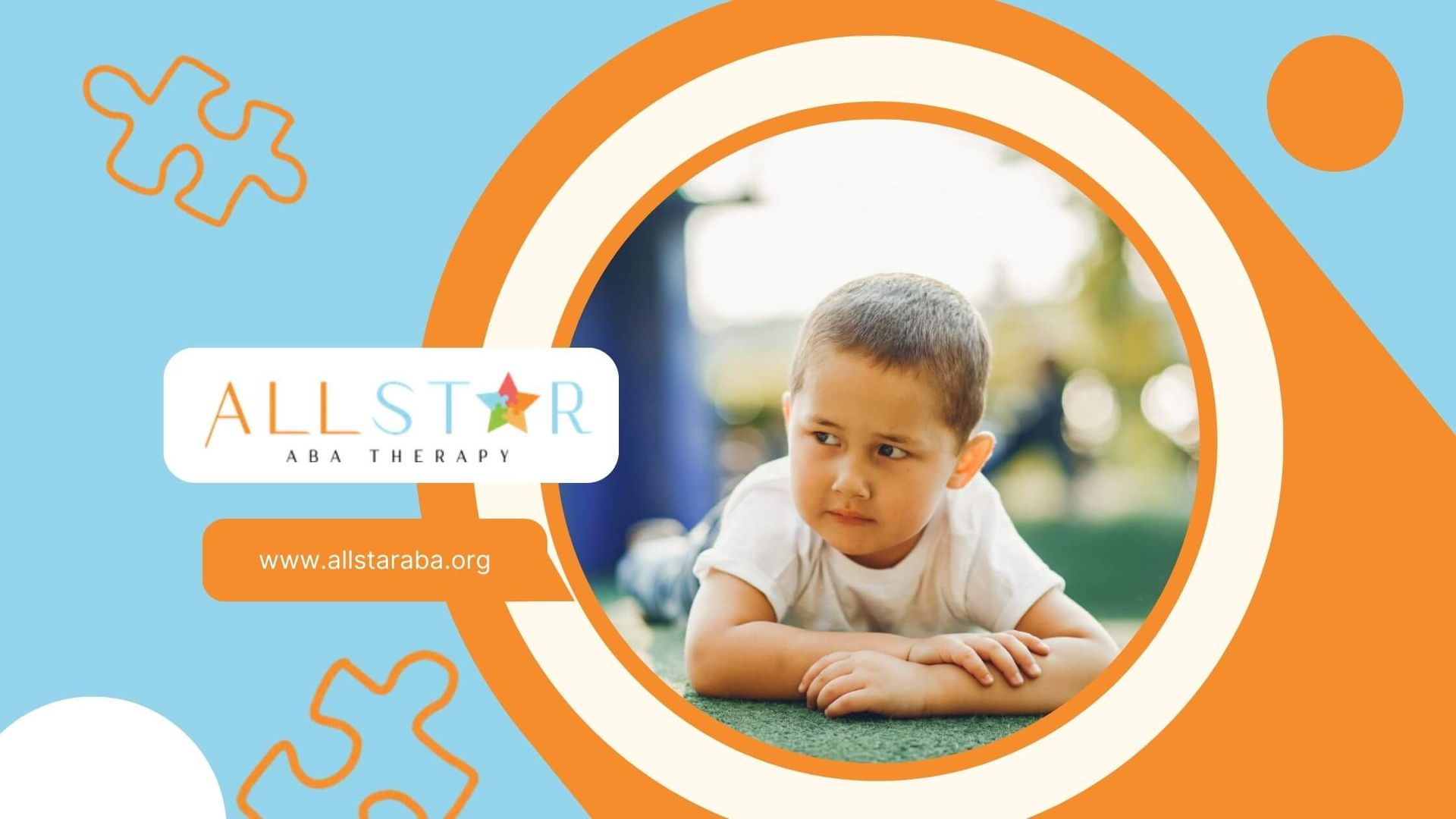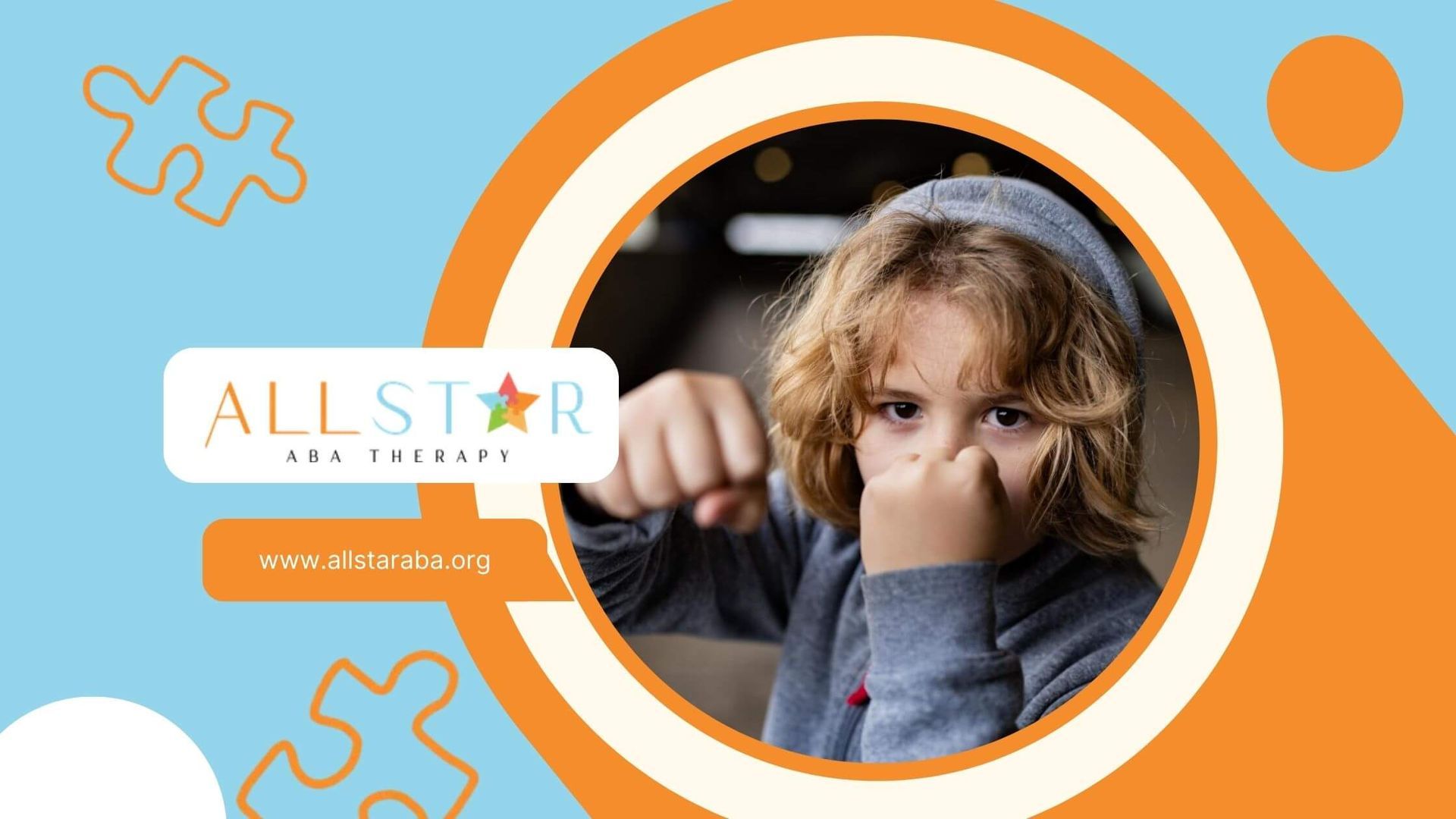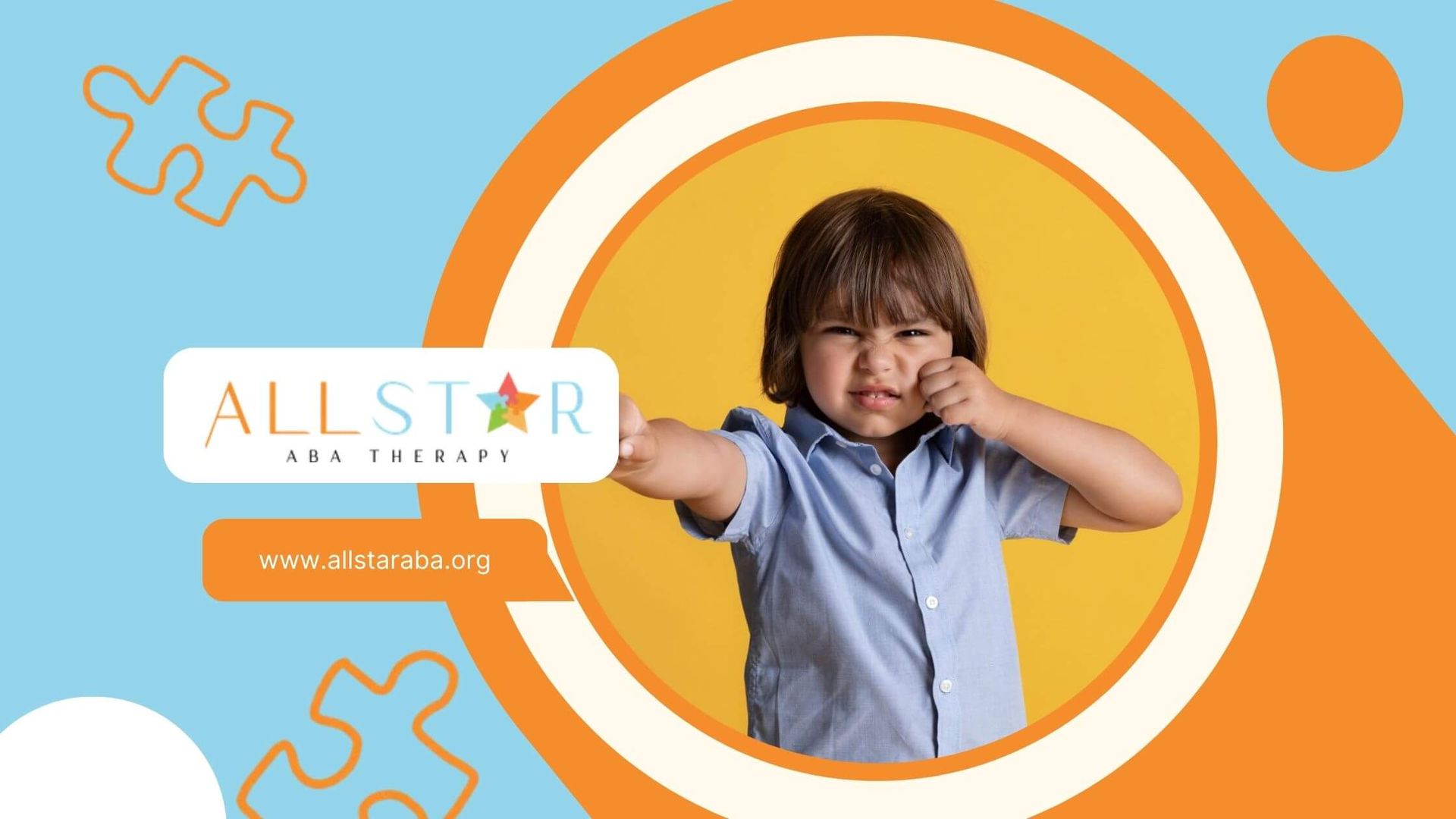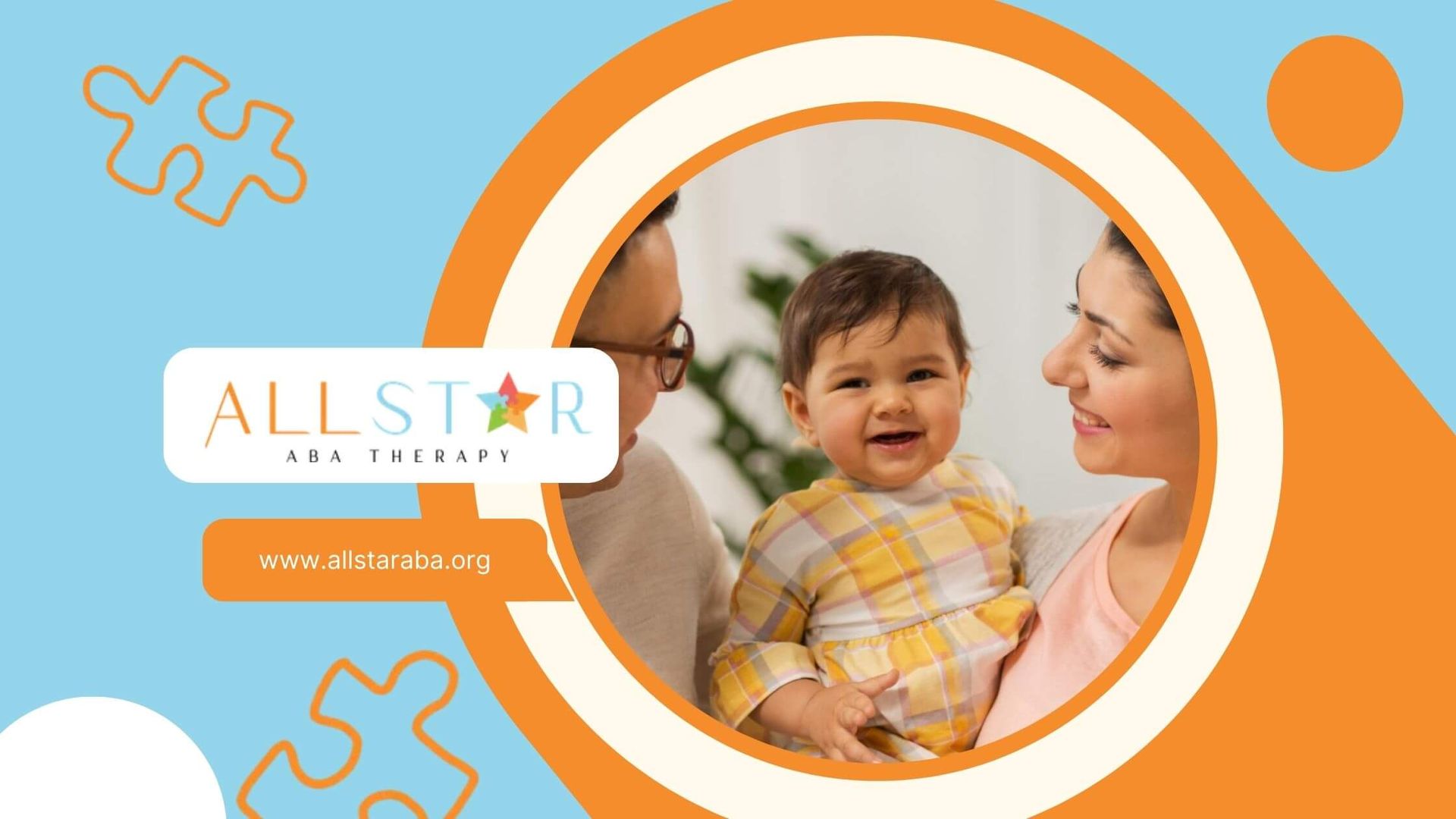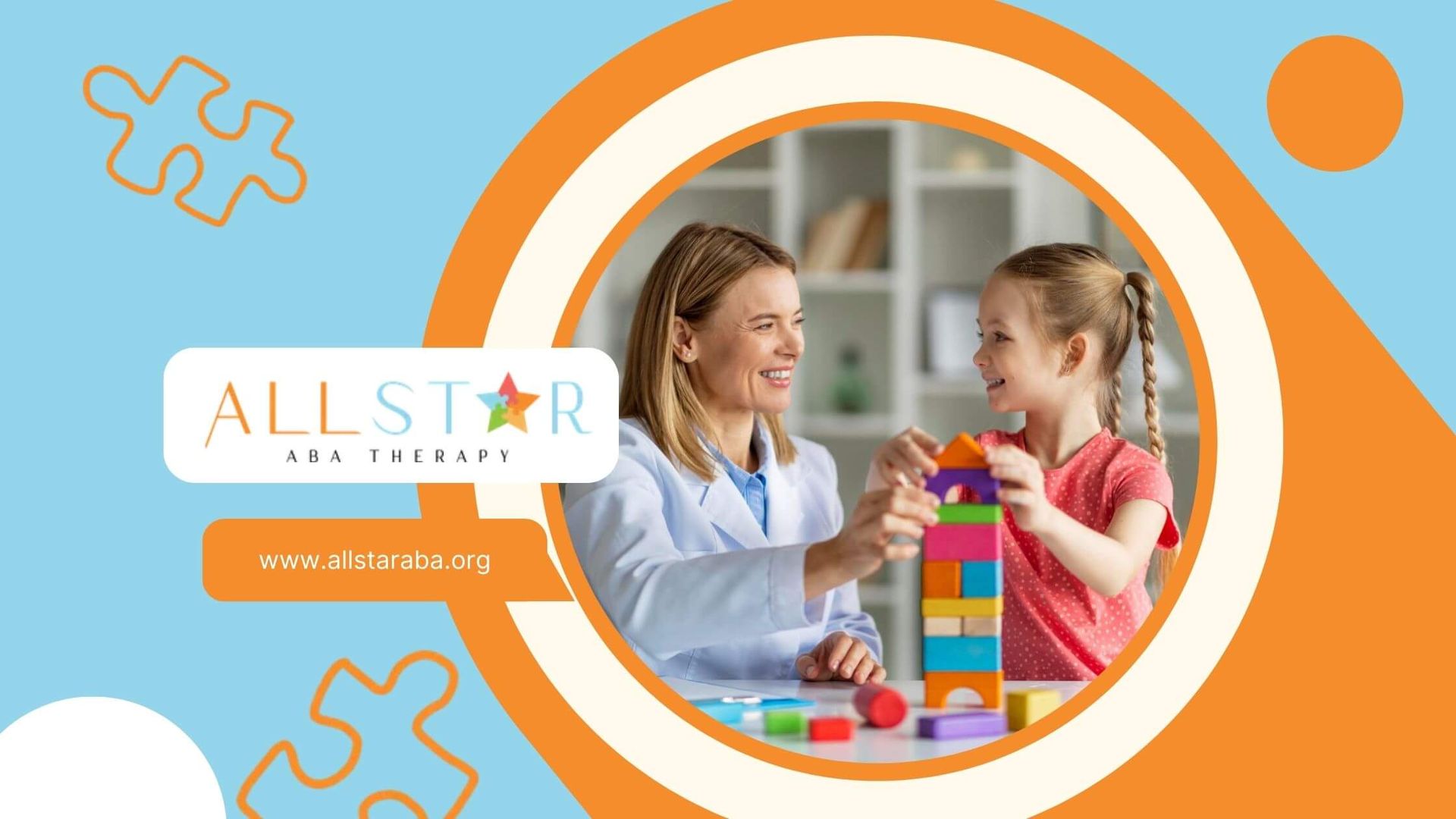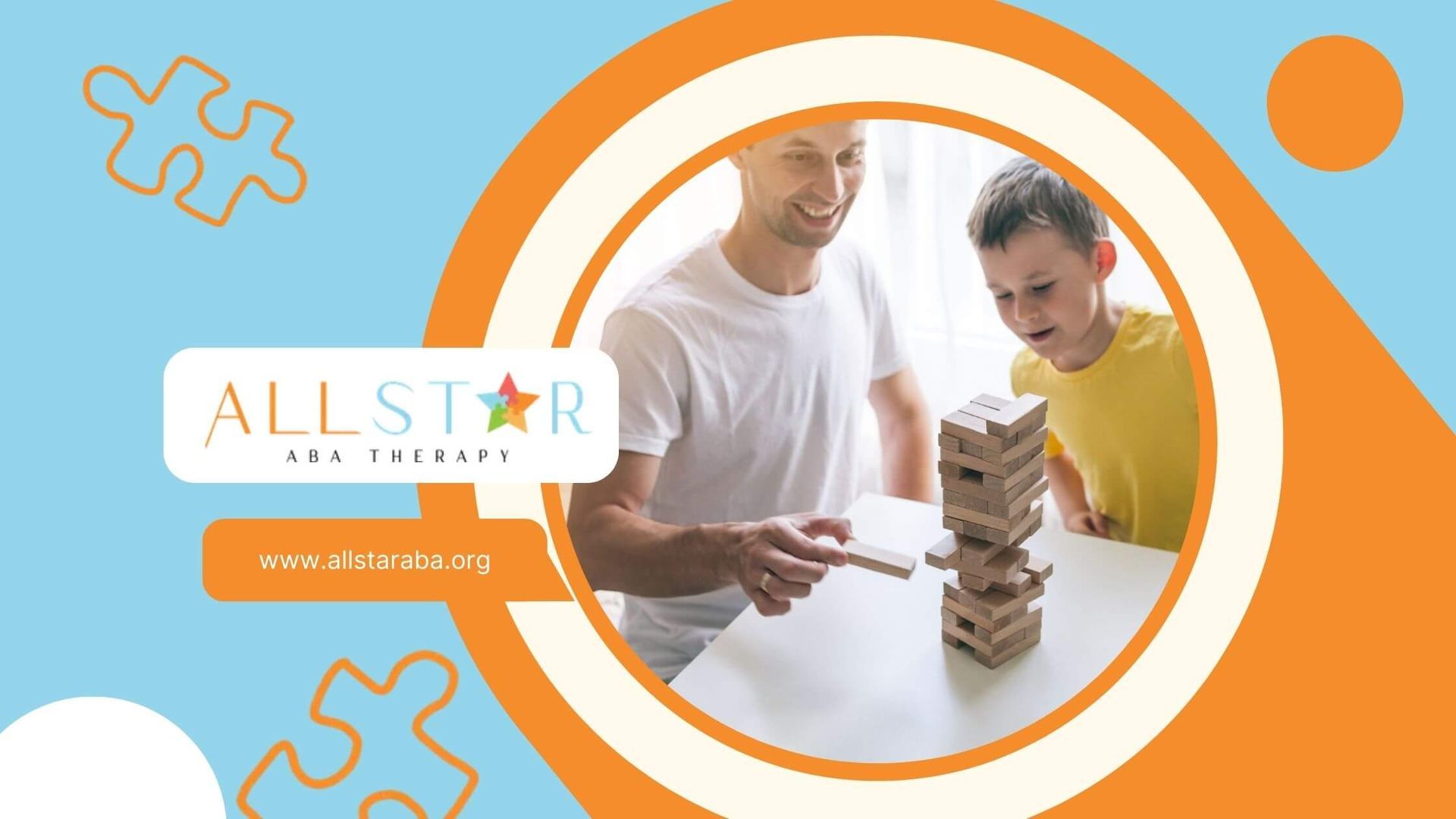New Paragraph
The Hidden Autism Risk Factors Parents Often Overlook
Autism is a puzzle with many pieces. Risk factors like genetics, birth complications, and environmental influences can increase the likelihood of a diagnosis, but they don’t tell the whole story.
One mother I worked with had two sons—one with autism and one without. She often asked, “How can that be, if genetics play such a big role?” It was a powerful reminder that risk factors are not guarantees.
What matters most is recognizing early signs and getting the right support, like in-home ABA therapy.
What Are Autism Risk Factors?
Autism risk factors are characteristics or conditions that may increase the chances of developing autism. They don’t cause autism directly, but they can make it more likely. These factors usually fall into three categories:
- Genetic influences
- Pregnancy and birth-related factors
- Environmental influences
Let’s look at each in more detail.
Genetic Risk Factors
Genetics play one of the biggest roles in autism. Researchers estimate that up to 80% of autism risk may be linked to genetics.
Family History
- Children with a sibling who has autism are more likely to receive a diagnosis themselves.
- Parents with autism or other developmental conditions may also increase the risk.
Genetic Conditions
Certain syndromes and conditions are strongly associated with autism, including:
- Fragile X syndrome
- Rett syndrome
- Tuberous sclerosis
- Down syndrome (higher prevalence than in the general population)
Gender Differences
- Boys are about four times more likely to be diagnosed with autism compared to girls.
- Girls may present symptoms differently, which sometimes delays diagnosis.
Pregnancy and Birth-Related Risk Factors
Events that occur before, during, or shortly after birth can also affect autism risk.
Parental Age
- Children born to older parents, especially fathers, may have a slightly higher risk.
Pregnancy Complications
- Low birth weight
- Premature birth
- Maternal infections during pregnancy
- Diabetes, obesity, or untreated thyroid issues in mothers
Birth Complications
- Lack of oxygen during delivery
- Emergency C-section or traumatic delivery events
Environmental Risk Factors
While genetics set the foundation, environmental factors may also play a role. Research in this area is ongoing, but here’s what’s currently known:
Prenatal Exposure
- Certain medications, such as valproic acid (used to treat epilepsy), have been linked to higher autism risk.
- Limited evidence suggests maternal exposure to chemicals or pesticides could play a role.
Air Pollution and Toxins
- Studies suggest that exposure to high levels of air pollution during pregnancy may increase risk.
Nutrition Factors
- Lack of folic acid supplementation before and during pregnancy may increase the likelihood of developmental differences.
What Does Not Cause Autism?
It’s important to clear up common myths about autism. The most studied example is vaccines.
- Vaccines do not cause autism. Large-scale research studies have repeatedly shown no link between vaccines and autism.
- This myth has caused unnecessary fear, but the medical and scientific community is clear: vaccines are safe and essential.
Why Risk Factors Do Not Equal Diagnosis
Having one or more autism risk factors doesn’t mean a child will definitely be diagnosed. Many children with multiple risk factors never develop autism, while some children without any known risk factors do.
Think of risk factors as pieces of a puzzle. They may increase chances, but they don’t guarantee an outcome.
Early Action Matters
If you’re concerned about your child’s development, don’t wait. Signs of autism can appear as early as 18 months, and early intervention has been shown to improve communication, behavior, and social skills.
At All Star ABA, we’re here to help families take the next step with personalized support. Our services include:
- In-home ABA therapy – Convenient sessions in the comfort of your own home.
- Center-based ABA therapy – Structured learning in a supportive environment.
- ABA therapy in school – Collaboration with teachers and staff for consistent support.
- ABA parent training – Tools and strategies to help parents reinforce progress at home.
Whether your child is just beginning therapy or continuing their journey, our dedicated team in Maryland and Virginia is here for you.
FAQs
1. Can autism be prevented?
No, autism cannot be prevented. However, healthy pregnancy habits such as prenatal vitamins, avoiding harmful substances, and regular medical check-ups may reduce certain risks.
2. Does having one risk factor mean my child will develop autism?
Not at all. Risk factors only increase the chance, but they do not guarantee an autism diagnosis.
3. What should I do if I think my child may have autism?
Speak with your pediatrician as soon as possible. An evaluation can help, and early ABA therapy may significantly improve outcomes.
Sources:
- https://www.bbc.com/future/article/20250415-the-genetic-mystery-of-why-some-people-develop-autism
- https://www.simonsfoundation.org/2025/07/09/new-study-reveals-subclasses-of-autism-by-linking-traits-to-genetics/
- https://www.mayoclinic.org/diseases-conditions/autism-spectrum-disorder/symptoms-causes/syc-20352928
- https://pmc.ncbi.nlm.nih.gov/articles/PMC5467975/
Need Support?
We're Here to Help!
Our experienced team is ready to assist you. Reach out today to discuss how we can support your child's development and well-being.
Get started with expert ABA therapy today.



